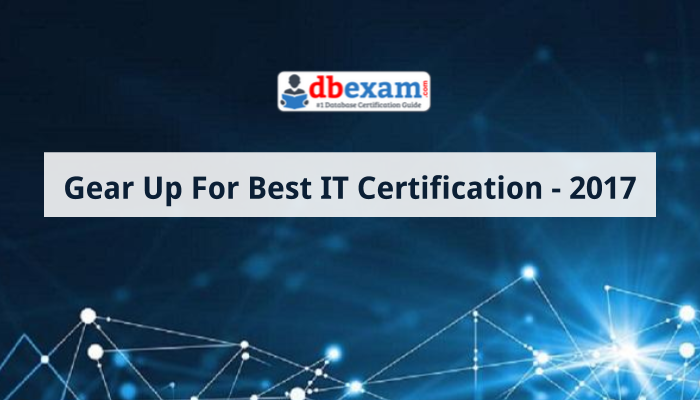If you don't see a future for yourself at your current workplace, it's time to start planning for a change. Be prepared: it will cost you some time, money, and effort, but the results will be life-changing.

This week's career advice request comes from a mid-20s entry-level IT worker from the US who has just recently landed his first "real job" in IT, despite having graduated in 2016 with a business degree in Computer Information Systems (CIS) from Middle Tennessee State. Despite his current position title as an IT Network Administration Associate.
Database certifications may not be as attractive or bleeding edge as cloud computing, storage or computer forensics. But the reality is that there has been, is, and always will be a need for knowledgeable database professionals at all levels and in a number of related job roles.
To get a better grasp of the available Oracle Database certifications, it's useful to group them around specific database-related job roles. In part, this reflects the maturity of database technology, and its integration into most aspects of commercial, scientific and academic computing. As you read about the various database certification programs, keep these job roles in mind:
-
Database Administrator (DBA): Responsible for installing, configuring and maintaining a database management system (DBMS). Often tied to a specific platform such as Oracle, MySQL, DB2, SQL Server and others.
-
Database Developer: Works with generic and proprietary APIs to build applications that interact with DBMSs (also platform specific, as with DBA roles).
-
Database Designer/Database Architect: Researches data requirements for specific applications or users, and designs database structures and application capabilities to match.
-
Data Analyst/Data Scientist: Responsible for analyzing data from multiple disparate sources to discover previously hidden insight, determine meaning behind the data and make business-specific recommendations.
-
Data Mining/Business Intelligence (BI) Specialist: Specializes in dissecting, analyzing and reporting on important data streams, such as customer data, supply chain data, transaction data and histories, and others.
- Data Warehousing Specialist: Specializes in assembling and analyzing data from multiple operational systems (orders, transactions, supply chain information, customer data and so forth) to establish data history, analyze trends, generate reports and forecasts and support general ad hoc queries.
Prerequisite For Database Professionals
Careful attention to these database job roles implies two important kinds of information.
First, a good general background in relational database management systems, including an understanding of the Structured Query Language (SQL), is a basic prerequisite for all database professionals.
Second, although various efforts to standardize database technology exist, much of the whiz-bang capability that databases and database applications can deliver come from proprietary, vendor-specific technologies. Most serious, heavy-duty database skills and knowledge are tied to specific platforms, including various Oracle products (such as the open source MySQL environment), Microsoft SQL Server, IBM DB2 and more. That's why the majority of the certifications you're about to encounter in this article relate directly to those very same, and very popular platforms.
It's important to note that NoSQL databases referred to as "not only SQL" and sometimes "non-relational" – handle many different types of data, such as structured, semi-structured, unstructured and polymorphic. NoSQL databases are increasingly used in big data applications, which tend to be associated with certifications for data scientists, data mining/warehousing and business intelligence.
Annual Income After Database Certification
If the sheer number of available database-related positions isn't enough motivation to pursue a certification, consider average salaries for database administrators. Simply Hired reports $87,169 as the national average in the U.S., in a range from $61,000 to nearly $125,000. Glassdoor's average is somewhat lower – $68,480 – with a top rung right around $103,000.
